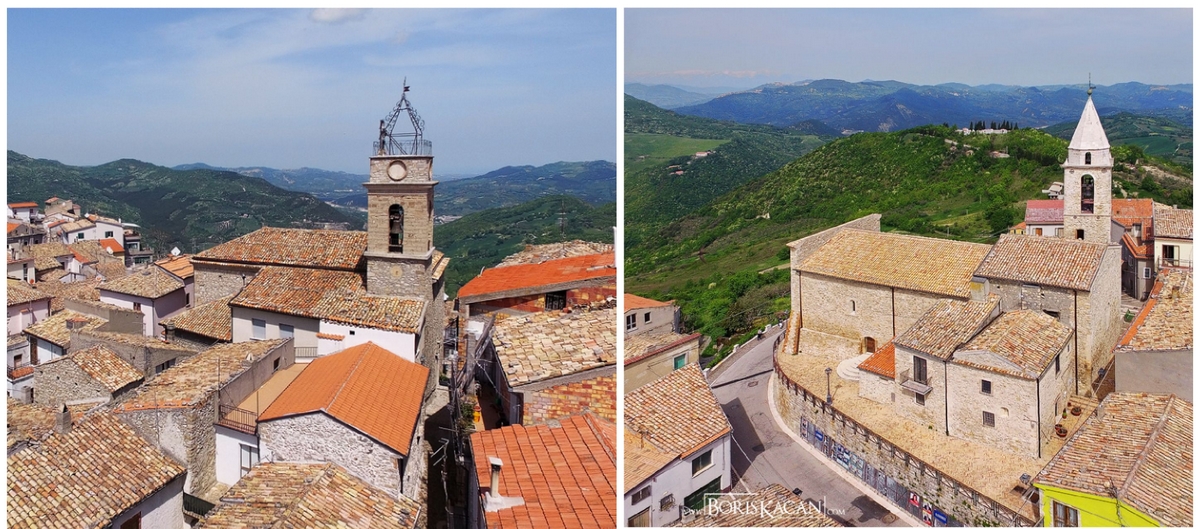
Do You Speak Corona? The Molise Croats of Italy had a geographical advantage
11.06.2020The province of Molise – in which there are four places where the Molise-Croatian language is spoken – is located on the slopes of the Apennines that gently descend towards the sea, somewhere in the middle of the Italian peninsula. Thanks to this geographical position, they were spared the catastrophic coronavirus pandemic that struck Italy, especially its northern provinces. “Precisely this and the isolation on the hills of Molise was an advantage this time for us over the rest of Italy, and life in these six months went mostly at the usual pace” – says Antonio Sammartino from our member organisation Foundation Agostina Piccoli.
Regarding their everyday life during the pandemic, they told us that the residents spent their days mostly in their homes, and social contacts were kept to a minimum. All this has contributed to the fact that not a single case of coronavirus infection has been recorded in these places where Molise-Croatians live and in their immediate and distant surrounding. Only a small number of infected people have been recorded in larger cities on the Adriatic coast. These days, after the easing of restrictive measures, life has returned to normal, with the usual rhythm in terms of trade, travel, going out and other social activities.
For once, being relatively isolated in a globalised world turned out to be a good thing for this community. As Antonio says, “some residents joke at their own expense and comment that they did not even notice the restrictive measures of isolation, because they are isolated anyway from the rest of the world on these Molise hills throughout the year.”

Molise Croats are one of the smallest minorities in our FUEN family and in general in Europe, with a bit over 2000 speakers of Croatian language. Foundation Agostina Piccoli is a member of the FUEN since 2018.
You can find more information about the Molise Croats in our new brochure of Slavic minorities in Europe that are united in the working group called AGSM.
During April 2020 FUEN has conducted a survey entitled Do You Speak Corona? on the situation of European minorities during the pandemic. The online questionnaire focused on the availability of information related to COVID-19 in general, healthcare information related to the outbreak, the existence of an emergency hotline operated in minority language and the availability of online education in minority language. The short report on the results is here and you can download the whole report in PDF format by clicking here.
This series of case studies is the continuation of the Do You Speak Corona? project.
Pressemeddelelser
- FUEN wishes you a peaceful Christmas season, restful days and a bright, hopeful start to the new year!
- FUEN calls on the EU to act over systematic ethnic-based land confiscations in Slovakia
- Women of Minorities conference in Budapest calls for structural change to ensure equal political participation of minority women
- FUEN President Olivia Schubert at UN Forum on Minority Issues in Geneva
- "Laboratory of Peace": 28th Seminar of Slavic Minorities held in European Capital of Culture Gorica/Gorizia
- Equality in Political Participation and Representation: Third “Women of Minorities” Conference to Be Held in Budapest
- FUEN Working Group on Education discusses challenges and future of minority schooling in Europe
- 28th Seminar of Slavic Minorities in Europe to take place in Gorica/Gorizia, Italy
- Olivia Schubert in her first interview as FUEN President
- FUEN Assembly of Delegates elects new leadership – Olivia Schubert becomes new President














